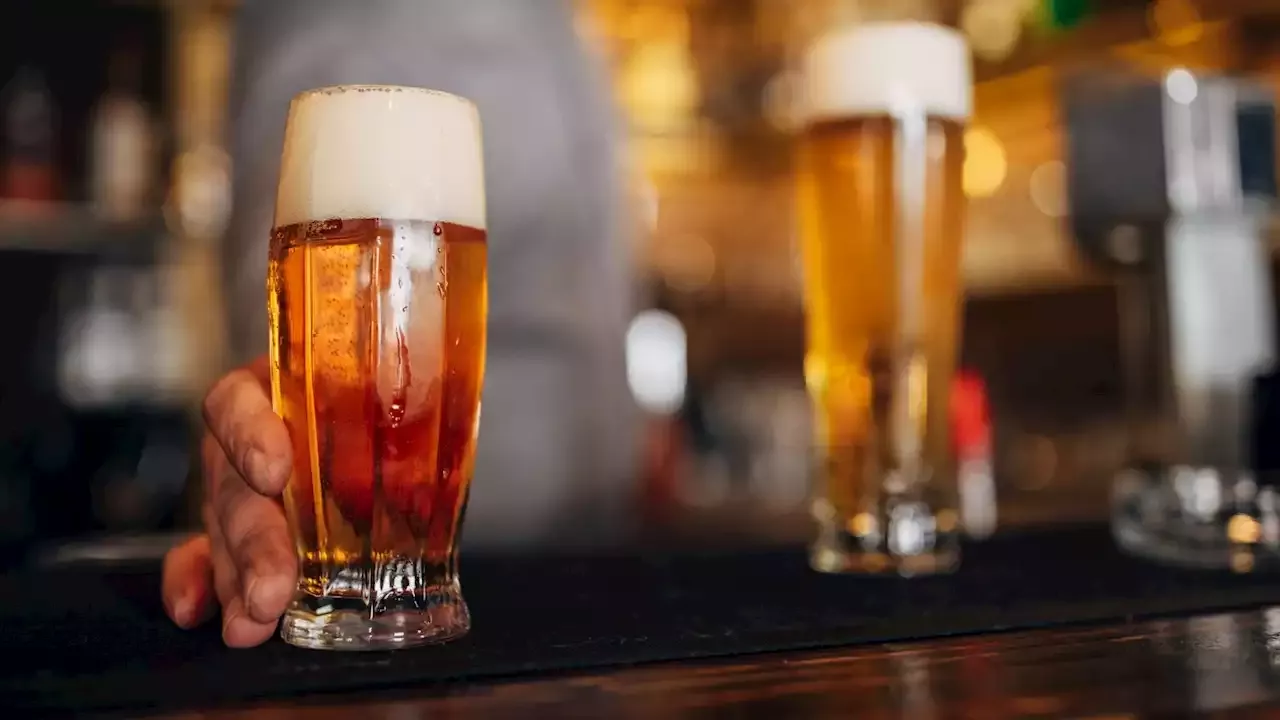Eventually, this entire process made it simple to separate the yeast from the final product using a magnet to produce the final beer. The current filtration step is said to be more difficult to remove free yeast cells. Furthermore, these newly-developed BeerBots could be used for up to three fermentation cycles.
Explaining the traditional process, the statement said: “In the first step, sugars are extracted from grains, such as malted barley, to create a watery solution called wort. Next, yeasts ferment those sugars, converting them into alcohol, carbon dioxide gas, and new flavor compounds. This step can take as long as four weeks.”During this process, microorganisms can contaminate and spoil the final product. This makes them bitter.
Based on these findings, the researchers believe that BeerBots could produce tasty brews more quickly and could be the future of the fermentation industry as beer demand continues to rise at the global level.The brewing industry will amass a revenue above 500 billion euros in 2022, and the market is expected to grow annually. This industrial process is based on a slow sugar fermentation by yeast .
